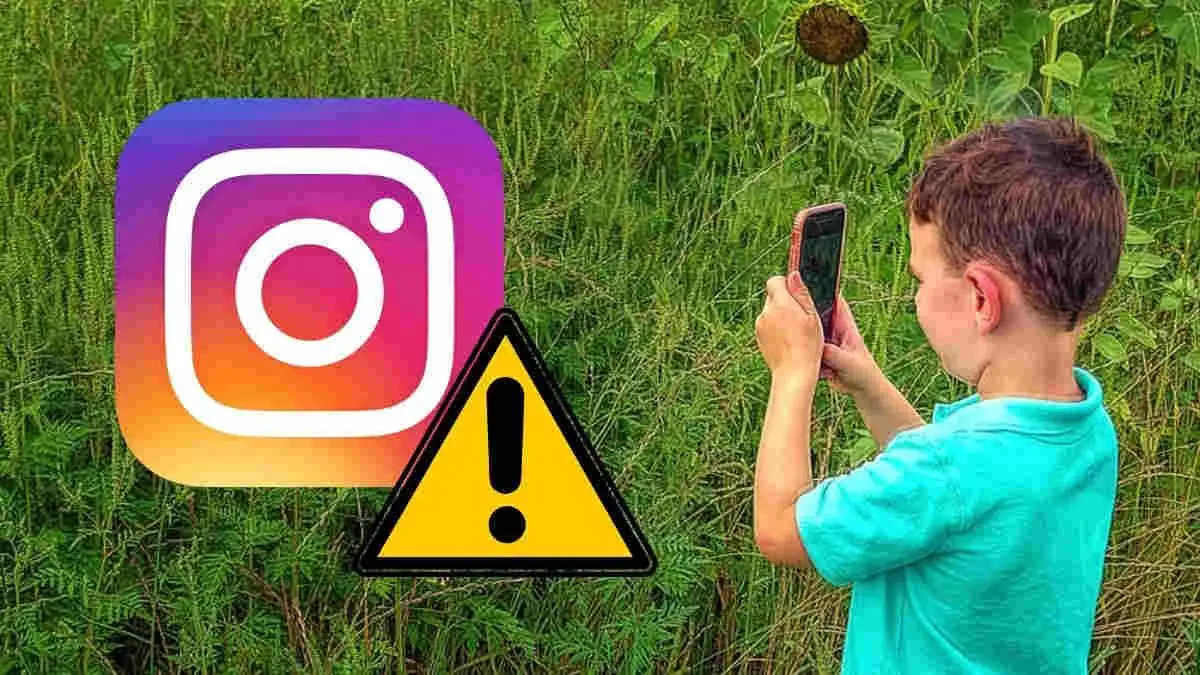Children’s experts and consumer groups asked Facebook to drop its “Instagram for kids” project. In March, Facebook confirmed that it is working on a project that would give rise to a special version of Instagram for children, which would give children under the age of 13 the possibility of supervised and limited use of the platform.
In response, a letter to Facebook was made public, issued by a group of 35 consumer advocacy associations, along with 64 individually signed child experts. The text contains a request for the company to dismiss this initiative.
Collective petition to stop the creation of an “Instagram for Kids”.
The petition was spearheaded by Campaign for a Commercial-Free Childhood, an American organization dedicated to the protection of children in digital environments. Through its website, a 10-page letter was released setting out the signatories’ rationale for submitting this request. Also, through the same portal, a collective petition is open, which seeks to collect additional signatures from other Internet users who support the cause.
The group issuing this letter, relying on recent studies, claims that early exposure to social networks can influence their personal development and activate certain dangers. “Instagram, in particular, exploits young people’s fear of missing out and desire for peer approval to encourage children and teens to constantly check their devices and share photos with their followers,” part of the letter states.

In these spaces, having greater exposure or by presenting indicators of popularity on the network, may have their origin in social or self-imposed pressures. This problem, common in the platform’s younger audience, could present itself more aggressively in a younger audience, as raised in the letter. “The platform’s relentless focus on appearance, self-presentation, and branding presents challenges to the privacy and well-being of teens. Younger children are even less equipped to deal with these challenges as they are learning to navigate social interactions, friendships, and their internal sense of strengths and challenges during this crucial window of development,” mentions another excerpt from the text.
The petition also emphasizes other types of side effects of early excessive exposure to screen use that Instagram would eventually awaken in its new target audience. Lower sleep quality, reduced psychological well-being, and potential for developing depression, suicidal thoughts, or obesity.
Another worrying indicator mentioned in the letter is the publication of sexualized content on networks, a growing trend among adolescents, used as a way to capture more attention, underestimating the associated risks, such as exposure to harassment situations or even more serious scenarios.
The algorithmic recommendation of content, a key element of Instagram for the circulation of content, also ignited the alerts of the groups issuing the petition, since the biased manipulation of these recommendations could be used to take advantage of the fact that minors are generally “highly persuadable,” according to the signatories.
For its part, Facebook for the moment defends its proposal, claiming that there are already minors using Instagram with false ages and that other companies have already implemented similar solutions, such as TikTok and its parental control. In this case, the responsibility of controlling certain aspects of the activity of minors on Instagram, if this proposal materializes, would pass directly to the parents, under a similar dynamic to Messenger Kids.





